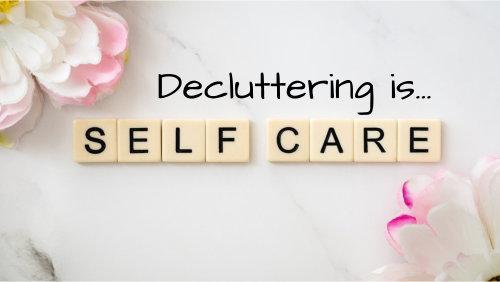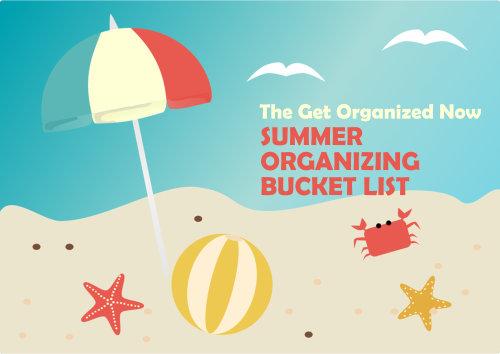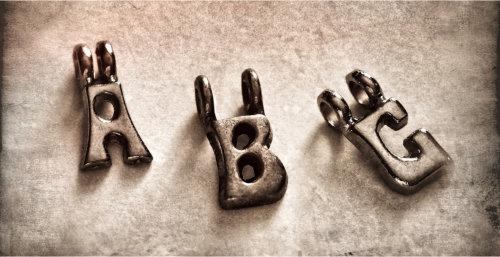Decluttering is not only about clearing out your physical clutter. It's a powerful act of
self-care and a journey towards a simpler, more organized life.
Yet, decluttering may not always seem as simple as picking up an item and deciding to keep or toss it. An often-overlooked obstacle is the guilt that can accompany letting go of our
possessions.
This emotional barrier can make the process daunting and even paralyzing. Understanding the roots of this guilt and learning how to navigate them can make decluttering a more liberating experience.
The Roots of Guilt
Sentimental Value
One of the most common sources of guilt is sentimental attachment. We hold
onto items that remind us of loved ones, vacations, special occasions, or life milestones. A ticket stub from a first date, a childhood toy, a favor from a wedding we attended, or a gift from a friend can all carry a weight of emotional significance. These items seem to anchor us to our past, and parting with them feels like parting with the memories themselves.
Guilt Over Waste
Another significant factor is the guilt associated with waste. Throwing away perfectly usable items can feel irresponsible, especially in a world increasingly aware of environmental issues. Many people struggle with the idea of contributing to landfills and feel guilty about not finding a better use for their unwanted
possessions.
Monetary Value
Items that were expensive or purchased with hard-earned money can also induce guilt. The thought of money "wasted" on items no longer needed or wanted can be difficult to reconcile. We hold onto these items,
hoping to find a way to justify the expenditure or make it worth the investment.
Obligation and Gift Guilt
Gifts present another layer of complexity. We often feel obliged to keep items given to us, whether we like them or not, out of
respect for the giver. This guilt can be particularly intense if the gift was given to us from someone we care about deeply or someone who has passed away.
Overcoming the Challenges
Reframe Sentimental Attachments
Instead of viewing decluttering as a process of losing memories, see it as an opportunity to celebrate them. Choose a few special items that genuinely bring you joy. Display them or tuck them into one memory box that you revisit from time to time. For the rest, consider taking photographs before letting them go. This way, you preserve the
memory without the physical clutter.
Mindful Disposal
Address the guilt of waste by finding responsible ways to dispose of items. Donate usable items to charities, shelters, or community centers. Many organizations will even pick up
donations from your home. Recycling programs for electronics, clothing, and other materials can also help reduce the environmental impact of decluttering.
Monetary Perspective
Shift your perspective on the monetary value of items.
Recognize that holding onto things you don’t need simply because of their cost doesn’t bring back the money spent. Consider selling valuable items online or at a garage sale. This can provide some financial return and help others find value in things you no longer need.
Gifts and Obligations
When it comes to gifts, remember that the true value of a gift lies in the thought and love behind it, not the item itself. If the gift no longer serves you, it’s okay to let it go. You can honor the giver by passing the item on to someone who will appreciate it or by donating it to a good cause.
Embracing a Guilt-Free Decluttering Mindset
Decluttering without guilt requires a mindset shift. It’s about understanding that letting go doesn’t diminish the memories, the value, or the love associated with the items. It’s about creating space for new experiences and embracing a more intentional way of living.
Start small, and be kind to yourself throughout the process. Acknowledge the guilt, but don’t let it dictate your actions. With time, you’ll find that the benefits of a clutter-free space—clarity, calm, and freedom—far outweigh the temporary discomfort of letting go.












